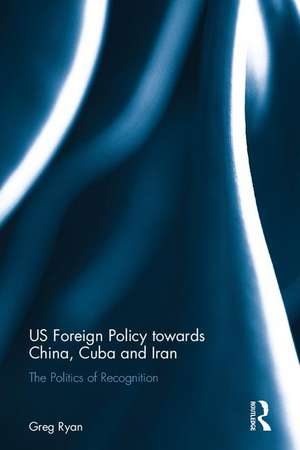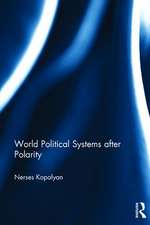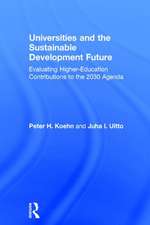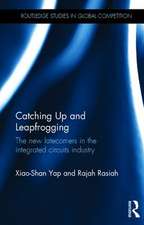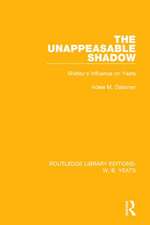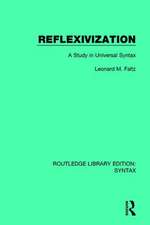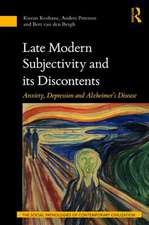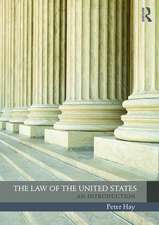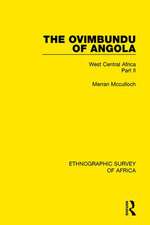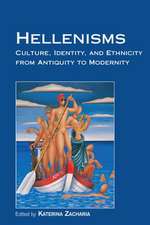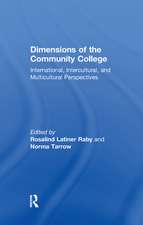US Foreign Policy towards China, Cuba and Iran: The Politics of Recognition
Autor Greg Ryanen Limba Engleză Hardback – 10 aug 2017
Providing a timely explanation for the origins of and continued support for US policies of non-recognition toward China, Cuba and Iran, this book demonstrates the links between IR theory and US foreign policy through the lens of the English School concept of International Society. It identifies historic costs stemming from US policies of non-recognition, and cautions that maintaining an overly narrow frame for understanding global politics will cause greater difficulties for US foreign policy in the future.
This book will be useful for American researchers, graduate students and upper-level undergraduates in IR and American Foreign Policy. The inclusion of English School concepts and contrasting of IR theory inside and outside the US should also make it appealing to students in the UK and Australia.
| Toate formatele și edițiile | Preț | Express |
|---|---|---|
| Paperback (1) | 381.00 lei 6-8 săpt. | |
| Taylor & Francis – 30 iun 2021 | 381.00 lei 6-8 săpt. | |
| Hardback (1) | 846.76 lei 6-8 săpt. | |
| Taylor & Francis – 10 aug 2017 | 846.76 lei 6-8 săpt. |
Preț: 846.76 lei
Preț vechi: 1139.87 lei
-26% Nou
Puncte Express: 1270
Preț estimativ în valută:
162.05€ • 165.95$ • 134.80£
162.05€ • 165.95$ • 134.80£
Carte tipărită la comandă
Livrare economică 19 martie-02 aprilie
Preluare comenzi: 021 569.72.76
Specificații
ISBN-13: 9781138212008
ISBN-10: 1138212008
Pagini: 166
Dimensiuni: 156 x 234 x 14 mm
Greutate: 0.4 kg
Ediția:1
Editura: Taylor & Francis
Colecția Routledge
Locul publicării:Oxford, United Kingdom
ISBN-10: 1138212008
Pagini: 166
Dimensiuni: 156 x 234 x 14 mm
Greutate: 0.4 kg
Ediția:1
Editura: Taylor & Francis
Colecția Routledge
Locul publicării:Oxford, United Kingdom
Public țintă
Postgraduate and UndergraduateCuprins
Chapter I: Diplomacy and American Exceptionalism
Chapter II: Diplomacy and American IR Theory
Chapter III: The ‘Loss’ of China as A Definitive Case in US Policies of Non-Recognition
Chapter IV: The ‘Loss’ of Cuba
Chapter V: The ‘Loss’ of Iran
Chapter VI: The Long Decline of Traditional Diplomacy and State Department Influence on US Foreign Policy
Chapter VII: Conclusion
Chapter III: The ‘Loss’ of China as A Definitive Case in US Policies of Non-Recognition
Chapter IV: The ‘Loss’ of Cuba
Chapter V: The ‘Loss’ of Iran
Chapter VI: The Long Decline of Traditional Diplomacy and State Department Influence on US Foreign Policy
Chapter VII: Conclusion
Notă biografică
Greg Ryan has significant experience in cross-cultural relations from both academic and practical perspectives. In addition to teaching university courses in comparative politics in both the United States and China, Dr. Ryan served as a US naval intelligence officer from 2003 to 2008. His interaction with international students and foreign intelligence officers gives him an informed perspective on cultural barriers that inhibit US comprehension of world politics and problematic polices that stem from this deficient understanding. His most recent publication is ‘Regional Security Complex Theory, East Asia and US Re-balancing’ in Review of Global Politics, a policy journal in Taiwan.
Recenzii
"This is a welcome new study of US foreign policy and the ideational and pragmatic drivers of America’s external role conception, and then tests these in relation to three important but different case studies. This study offers a sober and honest assessment of America’s actual and perceived role in the world; a first rate diplomatic history of a country arguably still searching for the place of idealism in its international relations. Ryan’s insightful analysis and elegant prose is captivating and his discussion so rich as to make this a must read for those of us trying to make sense of the short and long cycles of America’s engagement with the rest of the world." - Prof Anoush Ehteshami, Professor of International Relations, Durham University, UK.
Descriere
Providing a timely explanation for the origins of and continued support for US policies of non-recognition toward Cuba and Iran, this book demonstrates the links between IR theory and US foreign policy through the lens of the English School concept of International Society.
